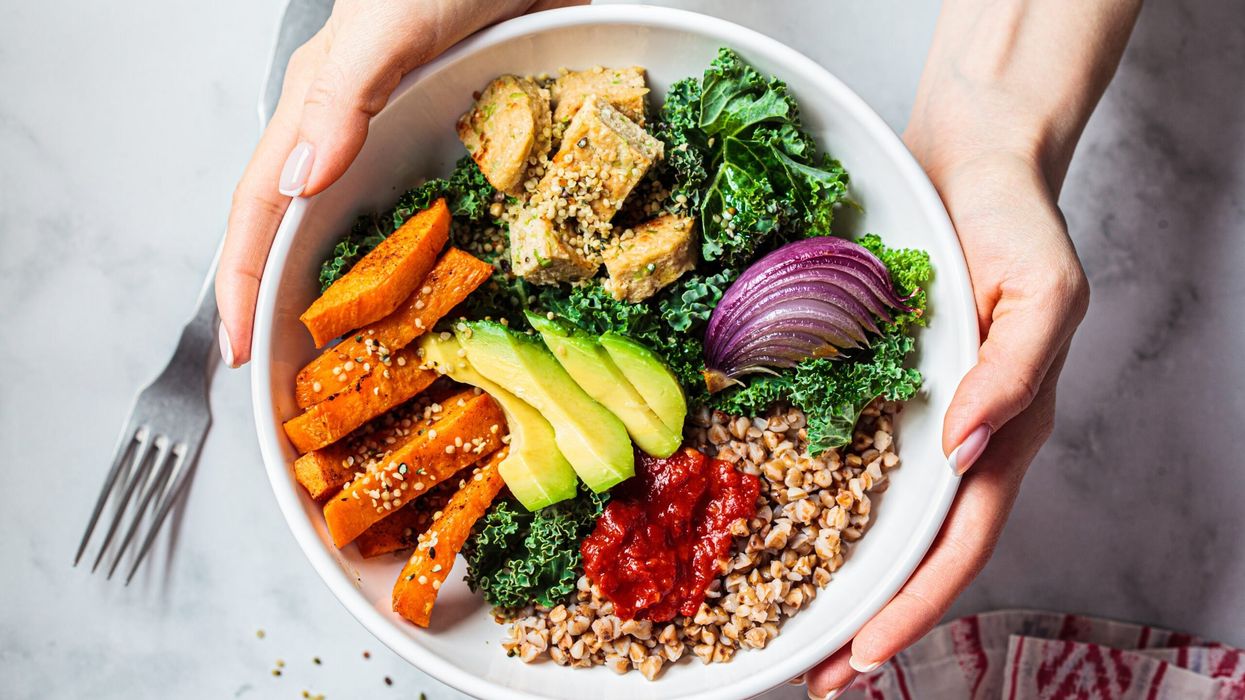GOING vegan for eight weeks was found to be linked to a reduction in biological age, according to a study published in the journal BioMed Central (BMC) Medicine.
The research examined the molecular effects of a plant-based diet, which excludes animal products like dairy and primarily consists of fruits, vegetables, grains, beans, and nuts.
Researchers from Stanford University, US, discovered that this diet was associated with changes in gene expression, specifically through a process called DNA methylation, which can "turn off" or "silence" genes without altering the DNA itself.
Higher levels of DNA methylation are linked to a higher biological age, an epigenetic process that affects gene behaviour by modifying its environment.
For eight weeks, the team followed 21 pairs of adult identical twins – one half of each pair consumed an omnivorous diet, including meat, eggs and dairy, while the other consumed a vegan one. Identical twins share a significant amount of their genetic makeup.
On average, the participants were aged 40 years and had a body mass index (BMI) in the overweight category. About 77 per cent of the group were women.
After eight weeks, the researchers observed a 'younger' heart, liver, inflammatory and metabolic system among the participants consuming the vegan diet. These changes were not seen in those eating the omnivorous diet.
However, the authors cautioned that the extent to which these changes could be attributed to their diets was unclear.
They noted that on average, the individuals on the vegan diet lost two kilograms more compared to those on the omnivorous diet.
The results suggest that the weight loss could have contributed to lowering of the biological age in the vegan group, the researchers said.
Reacting to the study, Tom Sanders, a professor emeritus of Nutrition and Dietetics at King's College London, and not involved in the study, said that the findings might be favourable for vegans in terms of ageing.
However, the diet can come with micronutrient deficiencies, which often take years to exert harmful effects, Sanders said.
"For example, unless a vegan diet is supplemented with vitamin B12 they develop vitamin B12 deficiency that causes chronic and often insidious damage to the nervous system," Sanders said.
Long-term studies of vegans also find adverse effects on bone density, probably caused by very low calcium and barely adequate protein intakes, Sanders said. (PTI)




